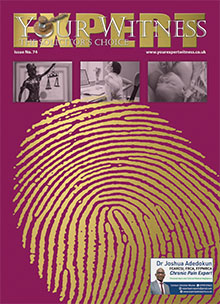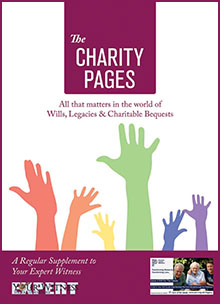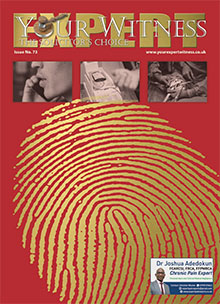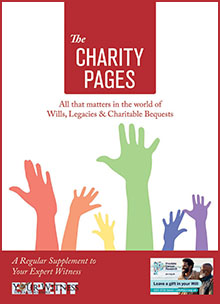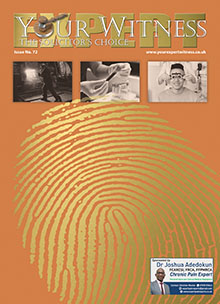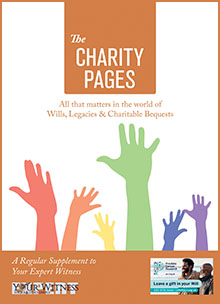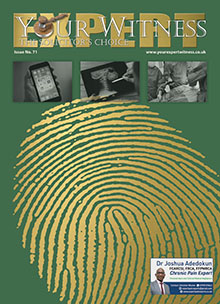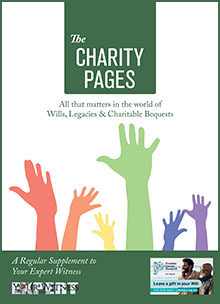 The case of ISG Construction Ltd v Seevic College[1] (the 'Seevic case') has provided helpful guidance on the court’s approach to disputes involving payment notices under the statutory payment regime introduced by the Construction Act[2] and Part I of the Scheme[3] relating to payment. In particular the court made clear its reluctance to allow a party to use adjudication on a technicality to circumvent the payment provisions and reinforced the need to comply with the appropriate contractual or statutory payment and pay less notice provisions.
The case of ISG Construction Ltd v Seevic College[1] (the 'Seevic case') has provided helpful guidance on the court’s approach to disputes involving payment notices under the statutory payment regime introduced by the Construction Act[2] and Part I of the Scheme[3] relating to payment. In particular the court made clear its reluctance to allow a party to use adjudication on a technicality to circumvent the payment provisions and reinforced the need to comply with the appropriate contractual or statutory payment and pay less notice provisions.
The facts in the Seevic case
ISG Construction Services Ltd ('ISG'), the contractor, had issued an application for payment to Seevic College ('Seevic'), the employer, in the sum of £1,097,696.29 (the 'Sum') and in accordance with the provisions of the contract. Seevic, the employer, did not issue a pay less or payment notice, meaning that ISG’s application notice became the contractor’s notice of payment in default. Seevic then failed to pay the sum claimed.
ISG commenced an adjudication ('Adjudication 1') seeking full payment of the Sum, arguing that in the absence of a pay less or payment notice, Seevic was obliged to pay the full Sum. The adjudicator was not asked to determine the value of ISG’s application on its merits, just to award payment in full due to the absence of the payment/pay less notice.
Seevic, no doubt anticipating that the decision in Adjudication 1 would find in ISG’s favour, commenced a counter-adjudication ('Adjudication 2') four days before the decision in Adjudication 1 was due. Seevic asked the adjudicator to determine the true value of the works in ISG’s application for payment, based on the merits (and not based on the payment notice issue).
Seevic hoped to be able to use the decision in Adjudication 2 in effect to 'correct' any award under Adjudication 1 and to reduce the amount payable from the award in Adjudication 1.
As suspected, Adjudication 1 found that Seevic were liable to pay the full Sum. However, Adjudication 2 valued the works to the date of the application for payment at significantly less than the application amount and so less than the amount in Adjudication 1 (by around £600,000). Seevic sought to set the award in Adjudication 2 against that of Adjudication 1 in order to avoid paying the full amount awarded in Adjudication 1.
ISG applied for summary judgment to enforce the decision in Adjudication 1 and for a declaration that the decision under Adjudication 2 was invalid on the basis that Adjudication 2 related to the same dispute as Adjudication 1, namely the application notice and so the adjudicator lacked jurisdiction to re-visit the issue. ISG’s application for summary judgment and for the declaration in relation to Adjudication 2 were successful.
The judge made a number of points in relation to employer’s commencing ‘counter-adjudications’ and noted that “the statutory regime would be completely undermined if an employer, having failed to issue the necessary payment or pay less notice, could refer to adjudication the question of the value of the contractor’s work at the time of the interim application”.
Of particular note was the judge’s comment at paragraph 52 of the judgment, where he went on to say:
“The contractor’s only entitlement to payment during the course of the project is by way of an interim application. Absent fraud, in the absence of a payment or pay less notice issued by the employer, the contractor becomes entitled to the amount stated in the interim application irrespective of the true value of the work carried out. The employer can defend itself by serving the notices provided for by the contractual provisions”.
The implications
Prior to the introduction of the statutory payment regime to the construction industry, payment was identified as an area requiring significant improvement. Delayed and withheld payments, or the now unenforceable practice of including ‘pay when paid’ clauses in contracts between main and sub-contractors had reduced efficiency, impacted on employment and in some cases resulted in the insolvency of sub-contractors.
The judge’s comment in the Seevic case highlights the court’s reluctance to allow parties to run rough-shod over these provisions and serves to highlight the importance of following the statutory regime closely with the need to serve timely payment or pay less notices.
In many cases, following a decision such as that in Adjudication 1 in Seevic, there is likely to be a subsequent opportunity to rectify an overpayment at the next interim application date or final account. However, this is not without risk, particularly where the contractor or sub-contractor is in financial difficulty.
Author Robin Canning is from the construction team at Wright Hassall Solicitors
[1] ISG Construction Ltd v Seevic College [2014] EWHC 4007 (TCC)
[2] Local Democracy, Economic Development and Construction Act 2009
[3] Scheme for Construction Contracts (England and Wales) Regulations 1998, SI 1998/649



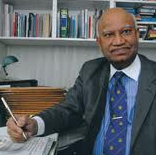 “Speculate before you accumulate. I am a long term regular writer and advertiser in 'Your Expert Witness - the Solicitor’s Choice'. This investment pays me substantive dividends; I get more Expert Witness work with every issue. Not only solicitors and barristers but also judges seem to read it. It is a win-win situation. Success breeds success; I must continue to write and advertise.”
“Speculate before you accumulate. I am a long term regular writer and advertiser in 'Your Expert Witness - the Solicitor’s Choice'. This investment pays me substantive dividends; I get more Expert Witness work with every issue. Not only solicitors and barristers but also judges seem to read it. It is a win-win situation. Success breeds success; I must continue to write and advertise.”












